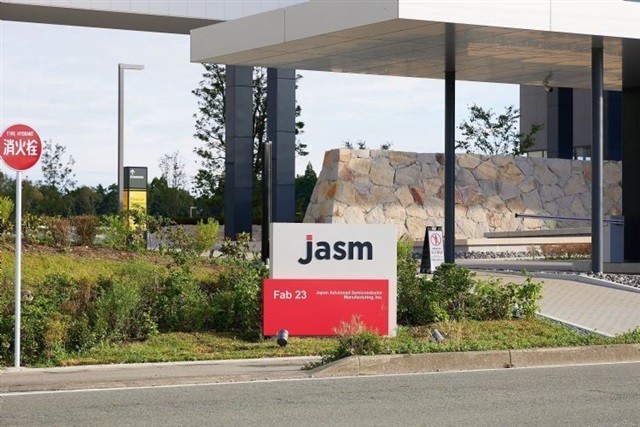
TSMC has started mass production at its new semiconductor manufacturing facility in Kumamoto, Japan, marking a major expansion in the company's global footprint. The plant, operated by Japan Advanced Semiconductor Manufacturing (JASM), represents the first logic chip production using FinFET transistors in Japan.
The state-of-the-art facility can process up to 55,000 300-mm wafer starts monthly, utilizing multiple process technologies ranging from 40nm to 12nm. While these nodes may not be cutting-edge for smartphones or computers, they perfectly match the needs of Japan's automotive and consumer electronics industries.
The project, valued at approximately $8.27 billion, received strong backing from the Japanese government, which contributed around $3 billion. TSMC holds the majority stake at 86.5%, with Japanese partners Sony Semiconductor Solutions, Denso, and Toyota holding smaller shares.
Plans for expansion are already in motion, with a second fab scheduled to begin construction in early 2025. This facility will feature more advanced 6nm and 7nm process capabilities and should start operations by late 2027. Combined, both facilities are expected to reach a production capacity exceeding 100,000 wafers monthly, with total investments approaching $20 billion.
The Kumamoto project represents TSMC's largest overseas expansion since establishing WaferTech in the early 2000s and Fab 16 in Nanjing. The company is also preparing to launch mass production at its Arizona facility for 4nm and 5nm chips, while planning another facility near Dresden, Germany, focused on automotive chip production.
The local government has shown interest in attracting a third TSMC fab to the region, potentially capable of even more advanced processes. However, this expansion would depend on the success of the first two facilities and addressing infrastructure challenges like traffic and water management.